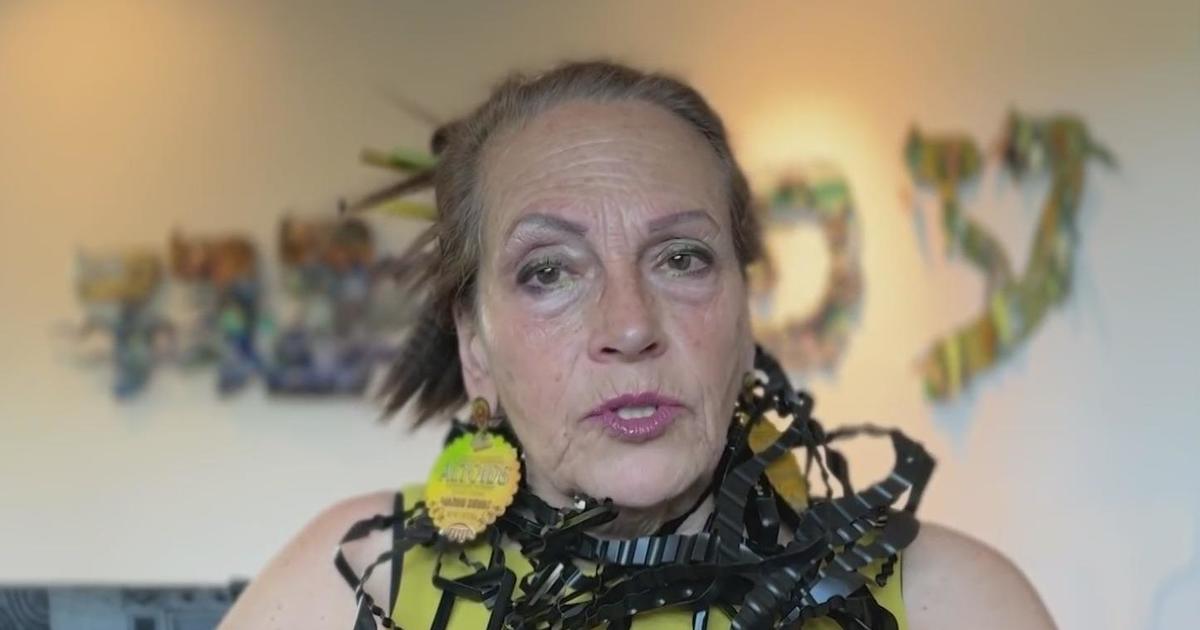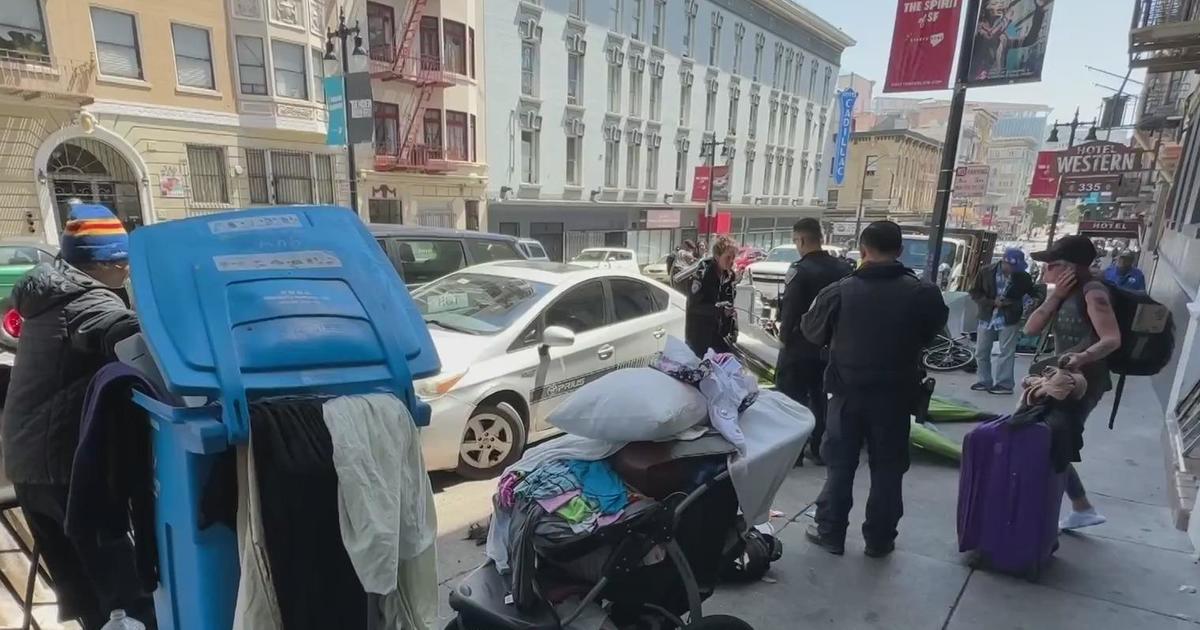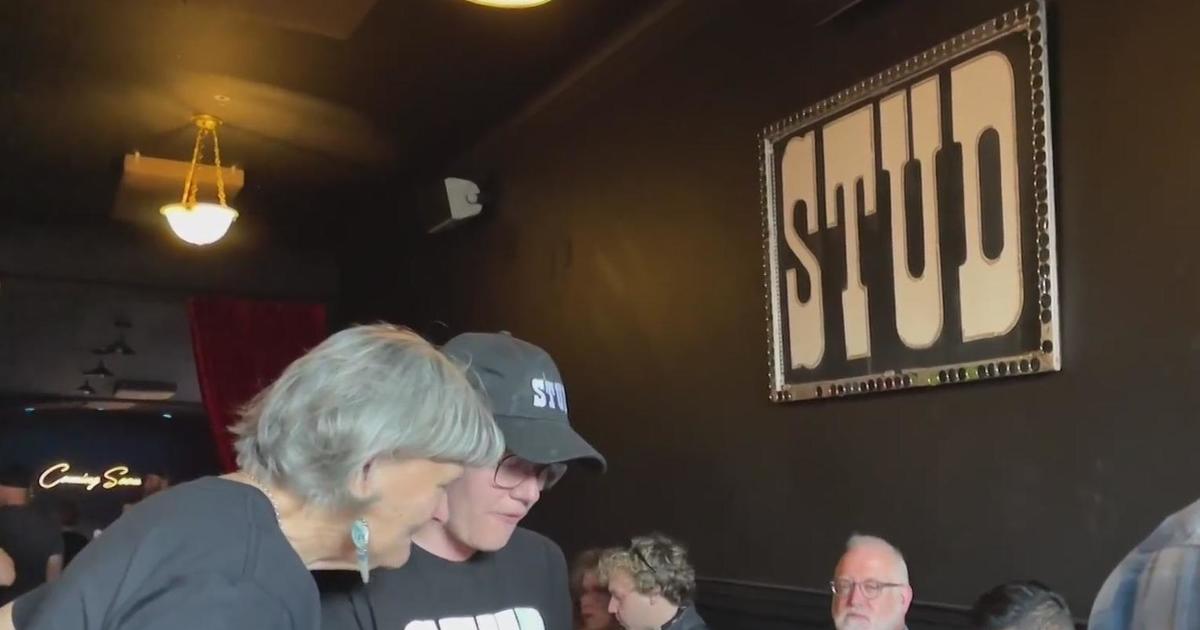KCBS Cover Story Series: California Drought Turning Central Valley Farmland Into Dust Bowl
CHOWCHILLA, Madera County (KCBS) — Summer is here and nowhere is the drought being felt more severely than in California's Central Valley, where fertile farmland is slowly turning into a dust bowl.
Water is often described as the lifeblood of the Central Valley; it's one of the world's most productive agricultural regions. But after three consecutive dry years, water supplies—from both the state and federal governments—are almost gone and the impact of the drought can be felt everywhere.
KCBS Cover Story: California's Farmland Drought Part 1 Of 4
"It's everybody's in this valley's livelihood; it's affected everybody," Ralph Smith, who has lived in the small town of Chowchilla all of his 73 years, said.
He said he's never seen it this dry.
Wells are now the only option for many communities and Tom Vanhoff, who also lives in Chowchilla, said all the extra pumping is dropping the water levels to depths never seen before.
"I'm in a community out there with about 20 homes. We're on one deep well ourselves and we lost it two years ago," Vanhoff said.
"We were at 200 feet and now we are down to 400 but all these new guys are going down to six, 800 and 1000 feet; it's going to such us dry here again pretty soon."
Fergus Morrissey, a water engineer from the Orange Cove Irrigation District, calls the drought a natural disaster but that unlike a earthquake or a hurricane, it moves in slow motion.
"Unlike a (Hurricane) Katrina, which kind of happens all at once, a drought is a slow moving disaster and you almost don't recognize what damage it's going to do until you're far into it and it's already passed. So it's a very slow, slow sort of death," Morrissey said.
While those in the Central Valley are experiencing the immediate effects, Smith said, that soon, so will everyone else.
"The thing of it is, it's going to start affecting you and everybody else because of the grocery store. You walk into that grocery store (and say) 'Where's that tomato at?' Well buddy, there ain't no water to farm it," he said.
"Or it's going to cost twice as much—it already is."



